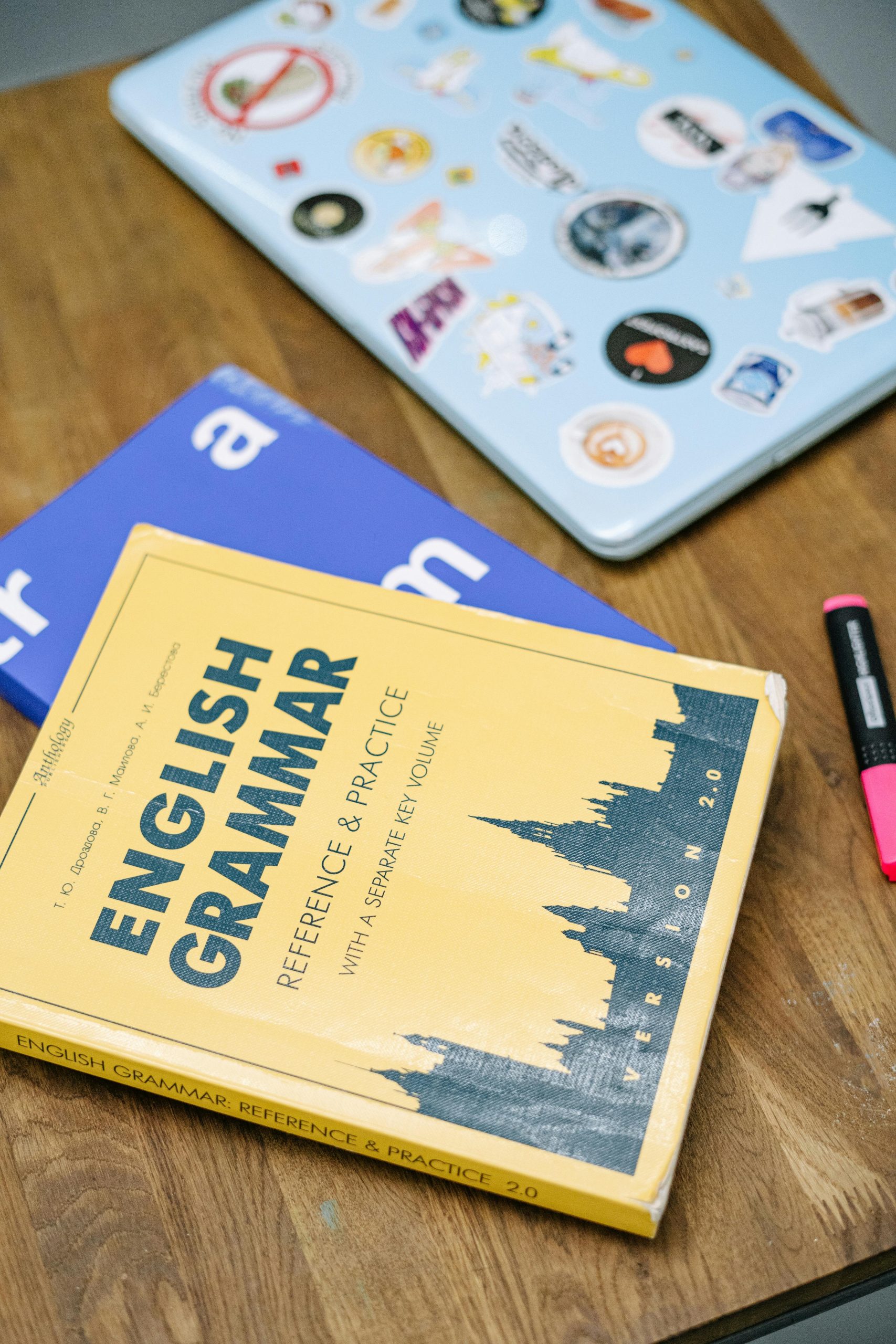Essential Math Skills for GED Success: A Guide for Self-Directed Learners
Embarking on the journey to earn your GED can be both exciting and overwhelming, especially if you feel uncertain about your current mathematical knowledge. If you’re like many others who have fallen behind in school or haven’t been formally taught in certain subjects, it’s important to identify the key concepts that will help you succeed on the exam.
Understanding Your Learning Journey
For some, formal schooling doesn’t always provide an in-depth or comprehensive math education. This can leave gaps in essential skills, making test preparation challenging. Recognizing where you stand and what you need to learn is a vital first step.
Core Math Skills Needed for the GED
While the GED covers several areas, most of your focus should be on mastering fundamental mathematical operations, as these form the foundation for understanding more complex topics. Here’s a suggested list to guide your self-study:
- Basic Arithmetic Operations
- Addition, subtraction, multiplication, and division
-
Place value understanding and number line concepts
-
Fractions and Decimals
- How to convert between fractions and decimals
- Performing operations with fractions and decimals
-
Simplifying fractions
-
Percentages
- Calculating percentages
- Percent increase/decrease
-
Real-world applications involving discounts, interest rates, etc.
-
Ratios and Proportions
- Understanding ratios
- Solving proportion problems
-
Application in real-life scenarios
-
Basic Algebra
- Simplifying algebraic expressions
- Solving for an unknown variable
-
Understanding basic formulas and equations
-
Geometry Fundamentals
- Understanding properties of shapes (triangles, circles, rectangles)
- Calculating area, perimeter, and volume
-
Basic concepts of angles and symmetry
-
Data Interpretation
- Reading and interpreting graphs, charts, and tables
-
Basic statistics such as mean, median, and mode
-
Word Problems and Application
- Translating real-world situations into mathematical expressions
- Solving multi-step problems
Tips for Effective Self-Study
- Set Clear Goals: Break down topics into manageable chunks.
- Use Reliable Resources: Consider online platforms, GED prep books, and tutorial videos.
- Practice Regularly: Consistent practice solidifies understanding and boosts confidence.
- **Seek Help When Needed
